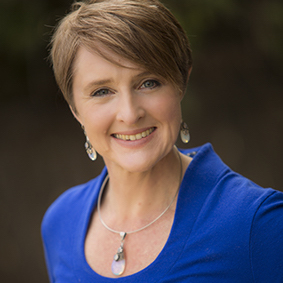What do you know about autism? Depending on your experience, either a lot or a little. It turns out I know very little.
I sat in the audience of a recent event listening to a person with autism speak about their experiences. It was not at all what I expected!
I realised as they began telling their story – about working in the public service, about managing people, about writing six books, about being an outspoken, witty, and hilarious speaker, that this person with autism did not line up with what my brain said was what autism was all about.
It struck me that my ONLY exposure to autism was from the 1988 movie Rain Man, about an ‘autistic savant’ who had a remarkable talent for remembering playing cards but limited ability to express himself emotionally or live independently.
With the only datapoint for autism being this one movie, my brain processed what I was observing of the speaker and registered “does not compute”. My point of view was being challenged live, and I found it being adjusted.
It occurred to me how ignorant I was of so many experiences of people around me. Privilege – being white, affluent, well-educated, healthy, physically able – has made life easier for me than many others. I am not aware of hurdles others face if I can step right over them.
This became more obvious to me years ago when I spent a week using a wheelchair after major surgery for cancer. All of a sudden my mobility hit restrictions: stairs denied me access to buildings, small hills meant enormous effort, doorways required negotiation, elevators with high placed numbers needed a reach assist.
And then there were the looks from others. Looks that were a combination of guilty pity (“poor her, glad it’s not me”), of sneaky fascination (“what’s wrong with her? What happened to her?”), or blatant disregard (too awkward, can’t look).
And I only had this experience for one week! To live every day with these interactions would be a layered burden.
As leaders we need to interrogate our perspective. We need to become more mindful of when our brain is spouting judgments. Hint: it does so automatically, on everything. The trick is to notice when it is setting us up in discriminatory or negative ways.
As in many things, prevention is better than cure.
To challenge point of view, here are my top strategies:
1. Turn your curiosity inwards.
If you come across something or someone that makes you feel uncomfortable, turn on your curiosity. What’s at the source of that discomfort? What memories is it triggering? What stories are bubbling up? Lean in to that discomfort with deep curiosity.
2. Turn your curiosity outwards.
What is this person’s story? What might be driving their behaviour? What is intriguing about their experience? Where have they come from? What have they had to overcome? What have they achieved? How do they see the world?
3. Read more stories.
Develop an insatiable appetite for exploring the world through others’ eyes. Become a story collector, a perspective gatherer. Imagine life through the lens of others. Expand your world by taking on the worlds of others. Documentaries, science fiction, biographies, and travel will open your eyes to the multitudinous potential of human experience. If you choose to really see.
Related Articles
How to deal with simmering tensions
How to deal with the politics of hate
How to evolve your leadership maturity
***


